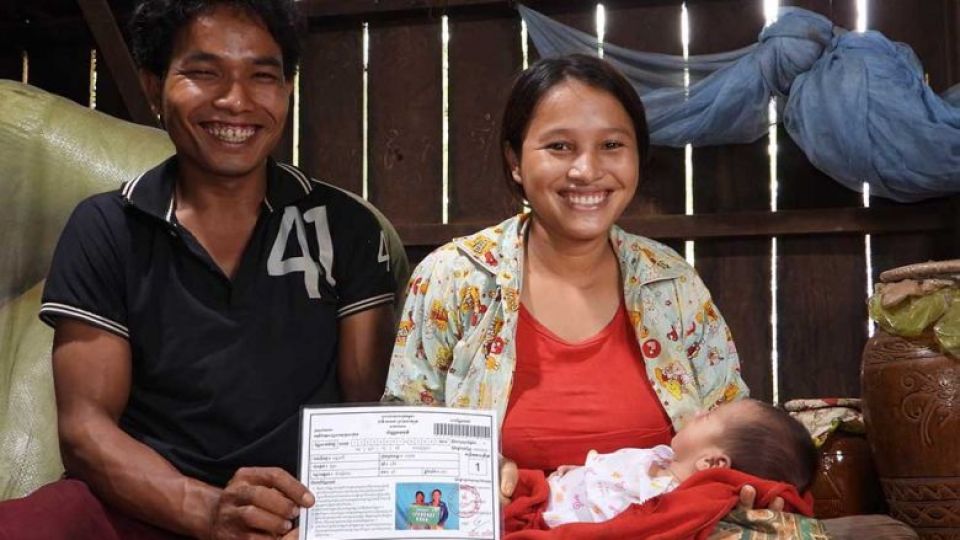March 15, 2022
PHNOM PENH – The World Bank has approved $113 million in new financing to improve access to quality healthcare in Cambodia focusing on poor and vulnerable people and supporting effective responses to health crises.
According to its press release on March 10, the financing is the second phase of the Health Equity and Quality Improvement Project (HEQIP-2) aimed at advancing universal health coverage in the country. The first phase ran from 2016 to 2022.
“As an important step toward the goal of achieving universal health coverage by 2030, Cambodia is creating a universal health insurance structure,” it said.
“The new financing will expand support for the Health Equity Fund to cover health services costs for the poor and improve use of services by increasing awareness, reducing barriers, and enhancing the health information system.
“The project will support the rollout of national accreditation standards, expand service delivery grants, and implement performance-based financing. The project also aims to scale up non-communicable disease services for public health facilities across the country,” it added.
World Bank country manager Maryam Salim said that while Cambodia had made progress in delivering healthcare to its people, more equitable access to quality healthcare remains an important goal.
“This project will help Cambodia achieve that objective by expanding access for the poor and vulnerable,” she added.
The new funding represents a long-standing partnership and includes a $55 million credit from the World Bank’s International Development Association and grants totalling $58 million from Australia, the German Development Bank, South Korea and the Global Financing Facility.
Cambodia will provide $186 million in counterpart financing, according to the press release.
Samheng Boros, secretary of state for the Ministry of Social Affairs, Veterans and Youth Rehabilitation, said he was not sure about the World Bank’s budget approval plan.
However, he said that in the past, the World Bank has always cooperated with the social affairs ministry on healthcare and the government by giving the funding packages to the Ministry of Economy and Finance to allocate those funds to target groups.
“In general, in support of this healthcare service, our government also has its own budget for that. However, the World Bank has also helped us a lot in the past by helping the people directly and through the government,” he told The Post on March 13.
Boros said the ministry welcomed all donations and assistance in order to work together to improve access to quality healthcare services in the country in line with government practices and especially to benefit the most vulnerable people in the country.


